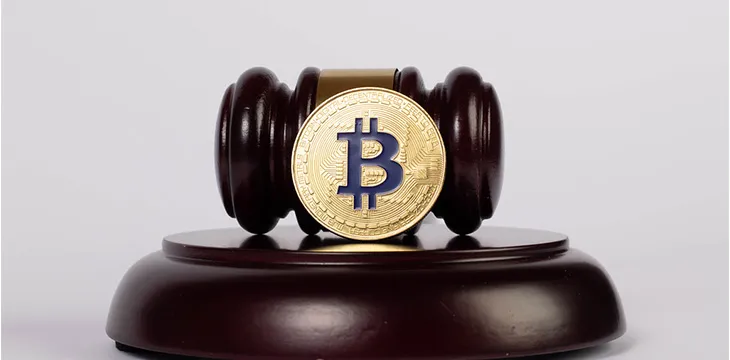|
Getting your Trinity Audio player ready...
|
Liechtenstein has wanted to be a major hub for blockchain and cryptocurrency companies, just like it has been a target for financial companies. It began creating liberal policies to attract operators in the Bitcoin ecosystem and has—sometimes against the wishes of some of its lawmakers—continued to move forward with its goal. Now, the country has once again taken a step forward, introducing new legislation that covers an array of issues concerning blockchains and digital currencies.
According to a press release from a couple of days ago, the country asserts, “It is anticipated that in the future, a wide range of assets or, more generally, rights to blockchain systems will be mapped and a variety of services related to these digitized rights will be offered. This will, for example, create new opportunities in the areas of financial services, logistics, mobility, the energy industry, industry and the media.”
To that end, Lichtenstein is introducing new regulations to provide guidance for virtual asset service providers, tokenization and blockchain development. The country’s new Token and VT [virtual token] Service Providers Act (TVTG) was implemented on May 7 and is designed to better protect consumers and investors while reducing the possibility of money laundering. The act also addresses tokenized securities and how they can be used in conjunction with real-world assets.
The press release adds, “The ability to portray rights in tokens raises fundamental legal issues that need clarification for general legal security for users on VT systems and VT service providers. It is all about the basic aspects of a token economy, such as tokens and their custody. Another example is the legal effect of a token transfer in relation to the represented right. The TVTG is therefore introducing a new legal object with the “token” in order to make it possible to legally map the “real” world via tokens to VT systems.”
The country hopes that the new guidance will help better define the industry and create an “adequate regulatory system” that provides legal certainty and promotes the development of a token economy. It might help, but the Bitcoin ecosystem needs greater support on a global level if it is to receive worldwide adoption and acceptance.

 09-18-2025
09-18-2025 





